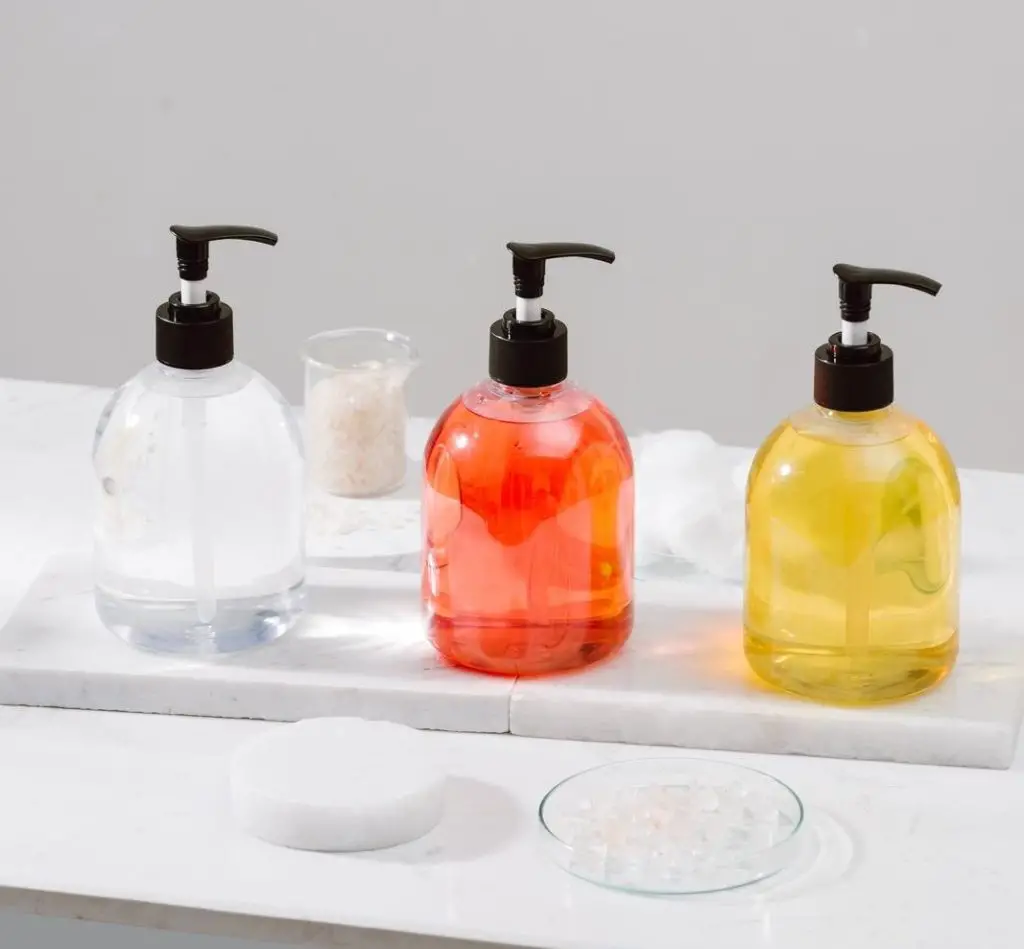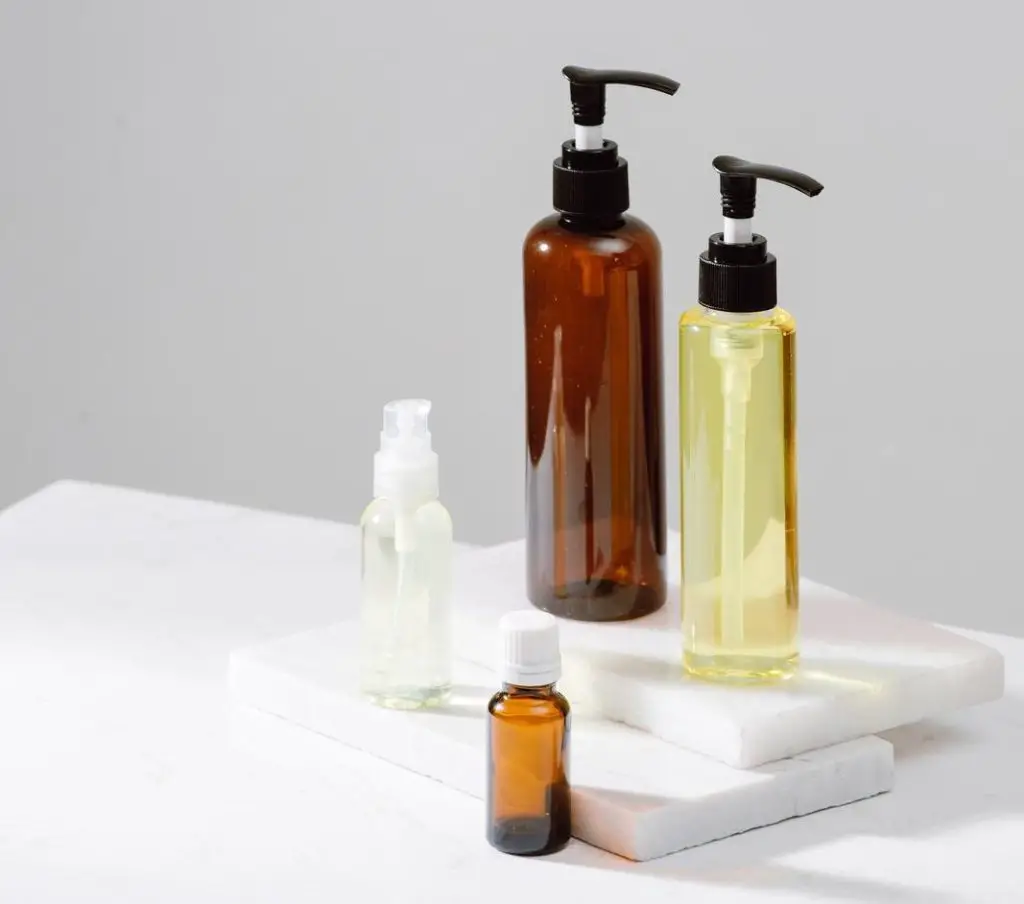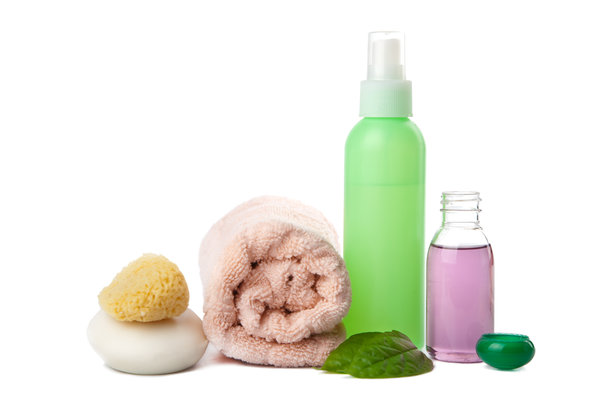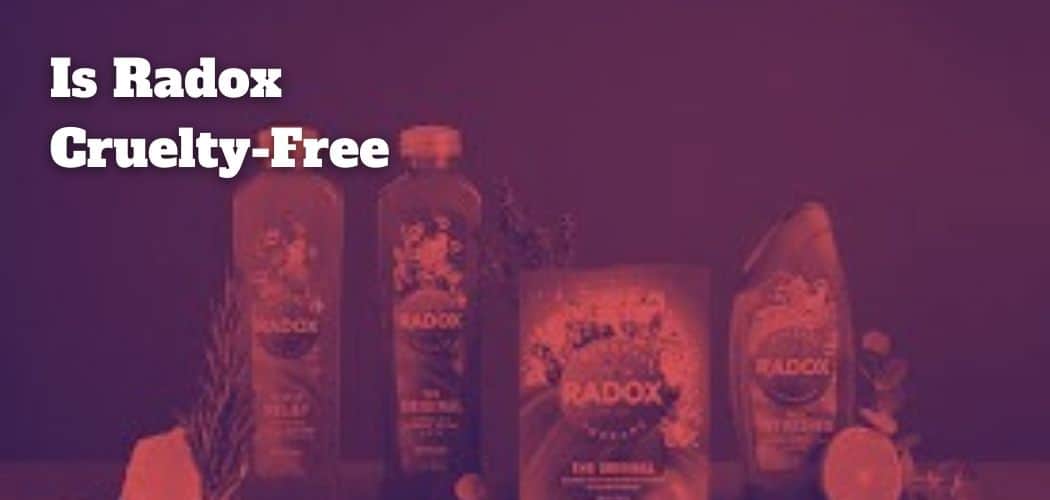With so many products to get our hands-on, I think we all got a bit confused to see if or not this is cruelty-free. Whatever your choice of the product may be it’s always good to be sure that the company you are buying from doesn’t have any cruel intentions behind their products.
Radox is one of the most popular bath products around the world. It’s so popular, I bet you have at least one bottle in your bathroom right now, with the distinctive blue and white cap.
However, did you know the company is not cruelty-free? Well, we’ll find this out together.
Is Radox cruelty-free?
No, Radox is not cruelty-free.
Radox was founded in the UK in 1960, and they currently have products available in more than 140 countries worldwide. They are owned by Unilever, a company with a very poor animal testing policy.

Unilever owns many popular brands including Dove, Simple, and Sunsilk.
Radox itself has a policy of not testing on animals except where required by law, but this isn’t enough to make it cruelty-free because Unilever does test on animals when required by law.
What ingredients does radox use to make its products?
Radox products contain a number of ingredients, but what are they? This is a list of some of the most common ingredients found in Radox products:
Aqua: Water
Sodium Laureth Sulfate: A foaming agent used in natural and synthetic detergents. It is also used to produce foam in shampoos, soap bars, and toothpaste.
Cocamidopropyl Betaine: A surfactant used in shampoos and liquid soaps to help reduce irritation of the scalp. It also helps remove oil from hair as well as dirt and other particles that can block pores on the skin or scalp.
Sodium Chloride: Common table salt, which has many different uses including being an active ingredient in many toiletries such as shampoo, toothpaste, and mouthwash. Its main purpose is to act as an abrasive agent which cleans your teeth by removing plaque from them.
Parfum: French for ‘perfume’; this is a generic term for fragrant substances added to products like soaps and shampoos to give them their unique smell.
Is it vegan-friendly?
Radox markets itself as a “natural” brand, which means that it uses natural ingredients like essential oils rather than chemicals to make its products smell nice. Radox also claims that its products are “vegan friendly,” meaning they don’t contain any animal products or byproducts.
Unfortunately, this isn’t true. In fact, even though Radox says its products are vegan friendly, they aren’t suitable for vegans at all because they contain lanolin (also known as wool wax) which is an animal byproduct.
What is the Radox animal testing stance?
According to Unilever, “Radox does not test its products on animals”.
However, in another statement, “As a global brand, we do use some ingredients that have been subject to animal testing by our partners. We are striving to reduce the use of these ingredients wherever possible”.

In my research, I discovered that Unilever owns Radox, which prohibits animal testing except when required by law and only under rigorous government supervision. That means Unilever allows animal testing in areas where they wish to sell their products.
Is Radox being sold in China?
The products of Radox are available in China, which requires all cosmetics sold in the country to undergo animal testing.
Is it ethical?
Radox claims to be “ethical” and on its website, states that it does not test its products on animals. However, this claim doesn’t appear to be backed up by any evidence or commitments from the company.

In fact, it appears that Radox does use animal ingredients in some of its products: lanolin is an ingredient used in many of their shampoos which is derived from sheep wool. Lanolin is also used in other common household products such as lip balm and lotion.
Radox does have a firm policy against animal testing but they do allow testing on animals for cosmetic use in countries where the law requires it.
Is Radox toxic?
One concern that many consumers have about Radox products is whether or not they contain any toxic chemicals that could cause health problems such as irritation or allergic reactions when exposed to skin or inhaled over time.
Radox claims that its products are safe for both children and pets to use, but this information has not been verified by any independent testing agency.
As such, it is difficult to know how safe these products really are, especially when used around young children or pets who may be more vulnerable to adverse reactions than adults would be.
The most common ingredient found in Radox products is known as Sodium Laureth Sulfate (SLS) which has been linked to causing irritation on skin surfaces also toxic for aquatic organisms.
Final Verdict:
You might be scratching your head and wondering why companies like Radox ignore such accusations. Radox has received inquiries from animal lovers seeking information about their cruelty-free products, but they have yet to provide a satisfactory response.

